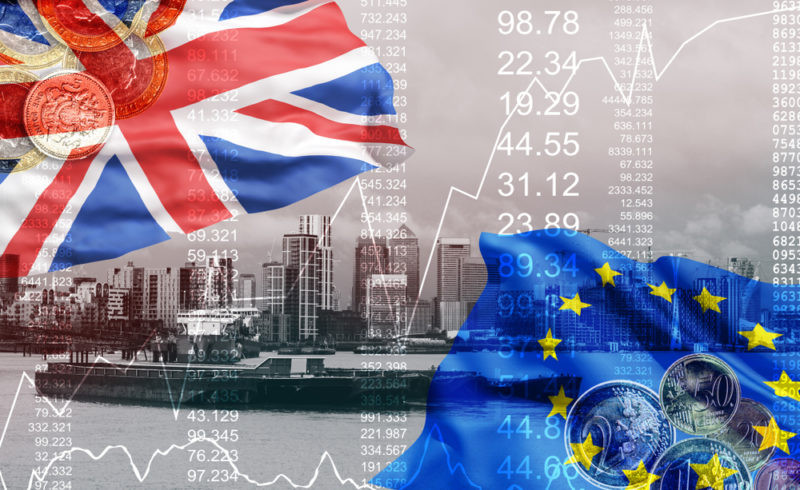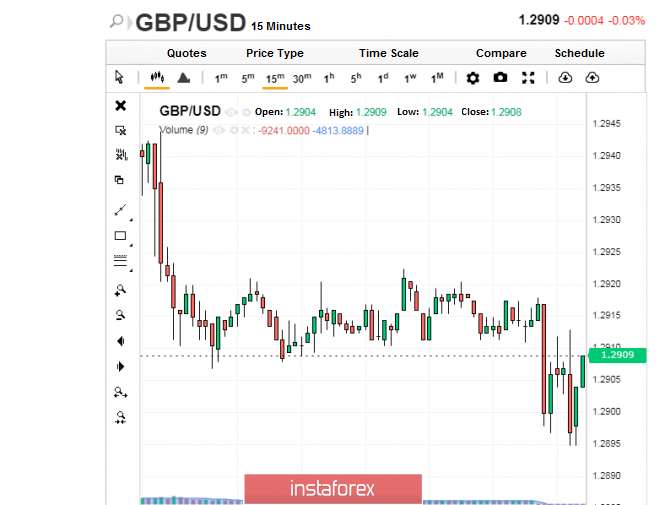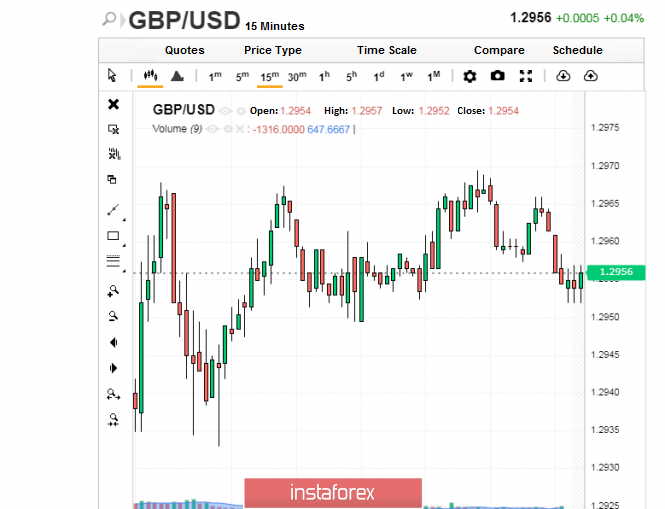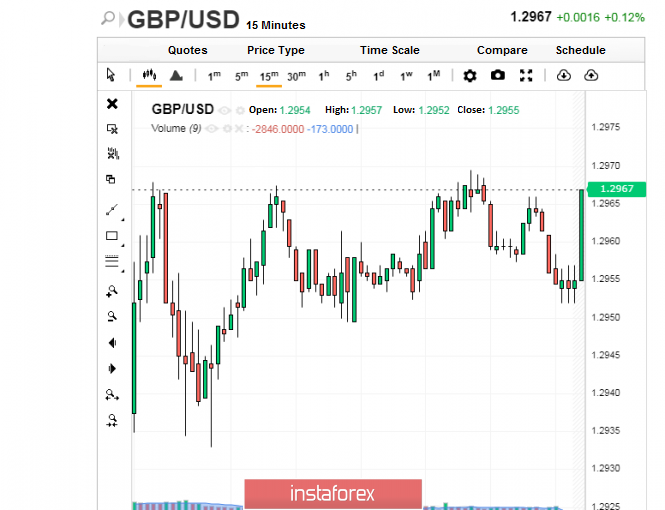
The British currency has received a respite not only in political issues related to Brexit, but also in the economic field. Positive data on the UK economy provided considerable support to the pound, giving it strength for further struggle.
On Tuesday, February 11, data on the growth rate of Great Britain's GDP for the fourth quarter of last year was released. It was much better than economists forecasts, showing an increase of 0.8%. At the same time, UK's GDP growth rate was 1.1% in year-on-year. Because of this, experts warn against excessive optimism, recalling that there is no GDP growth in the third quarter of 2019. Moreover, analysts recorded a number of deterioration in the country's industrial production report for December 2019, which showed a declined of 1.8% in year-on-year, instead of the expected 0.8%. The positive report on the foreign trade balance also added to the cheerfulness of the British economy, as in December 2019, the balance of foreign trade in UK goods amounted to 845 billion pounds, while countries outside the European Union did not exceed 6.7 billion pounds.
This current situation has added confidence to the British currency, allowing the pound to find its ground. Yesterday, the GBP/USD pair made timid attempts to rise, cruising near the level of 1,2909. Afterwards, despite maintaining a downward trend, it managed to enter an upward spiral.

On the morning of Wednesday, February 12, the GBP/USD pair was trading around 1.2955–1.2956. It tried to move further, and the attempts were successful, so the pair was able to move into new heights.

At the moment, the tandem is running in the range of 1.2967–1.2968, trying to catch up. According to analysts, the attempts will be successful.

Despite the current difficulties, at the end of 2019, the British economy managed to maintain growth, although many circumstances were against it. The drop in most industries, the reduction in investments, as well as the uncertainty of Brexit added to the negativities in the economy. Moreover, tensions were also heightened by the uncertainty over a potential trade agreement between EU and UK. Nevertheless, experts emphasize that in December 2019, the GDP of Great Britain was higher than the economic growth of other European countries such as Germany and France.
Although they are optimistic about the future, experts do not claim that the UK has coped with the decline in industrial production, as well as the technical recession recorded throughout 2019. Given the current risks, experts believe that the UK economy will gradually gain strength and will be able to recover in the first quarter of 2020. Markets are now focusing on the upcoming talks between London and Brussels, which are due to start in March. It is possible that the parties will have to actively seek compromises when agreeing on the terms of further economic cooperation. At the same time, the goal of the British Prime Minister, Boris Johnson, is to conclude a free trade agreement with EU by December 31, 2020.
According to analysts, yesterday's report instilled confidence to investors, allowing them to believe once again with the pound. Although many experts refrain from excessive enthusiasm and recommended selling the currency, market participants are not in a hurry, assessing the risks and tracking the current situation, which is likely to be in favor of the pound this week.





















